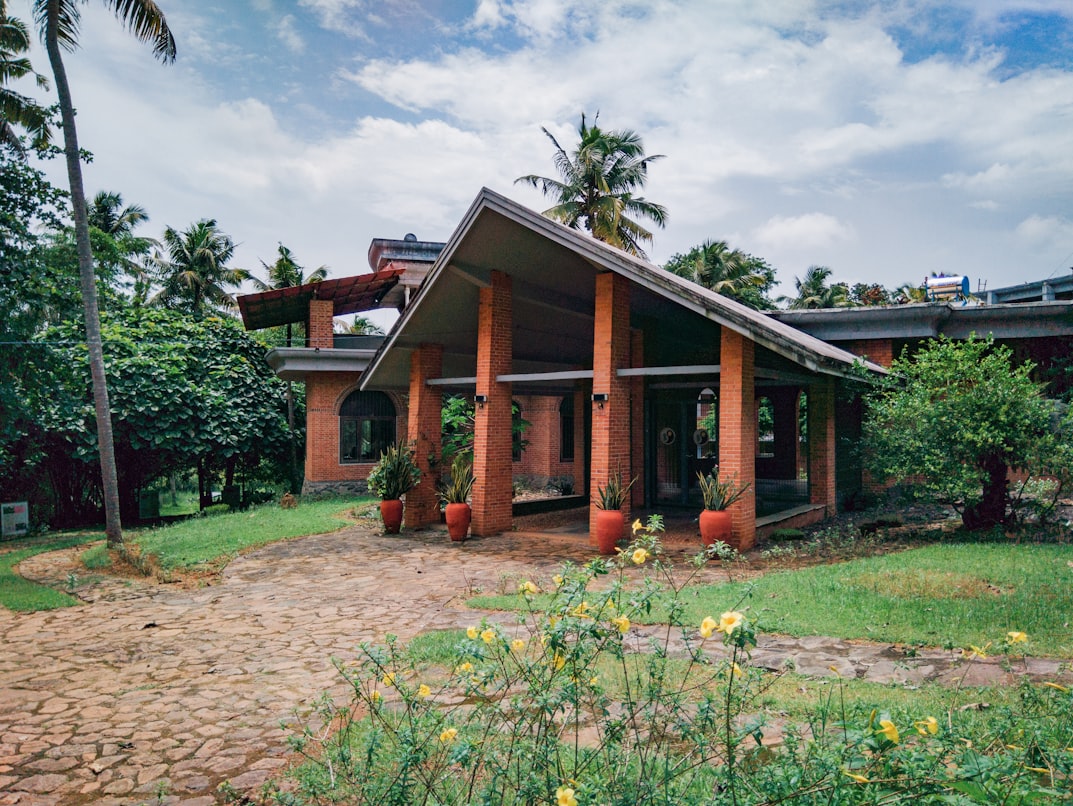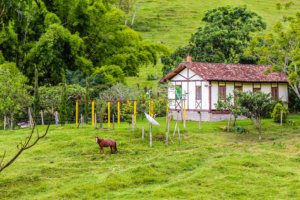The Sustainable Living Movement In Rural India

Sustainable living is a global movement that emphasizes the importance of living in a way that preserves natural resources for future generations. In recent years, this movement has been gaining momentum in rural India, where local communities are embracing eco-friendly practices to protect the environment and preserve traditional ways of life.
Eco-Friendly Agriculture
One of the most important aspects of sustainable living in rural India is the adoption of eco-friendly agriculture practices. Many farmers in rural India have turned to traditional farming methods such as crop rotation, intercropping, and the use of organic fertilizers and cow dung to conserve soil fertility, reduce the use of chemical fertilizers and pesticides, and promote sustainable living.
The use of traditional seed varieties is also gaining popularity among farmers in rural India, as these seeds are well adapted to local conditions and require less water and fertilizer. In addition, farmers are increasingly adopting sustainable water management practices such as rainwater harvesting and the use of drip irrigation to conserve water resources.

One of the most popular sustainable agriculture practices in rural India is the adoption of permaculture. Permaculture is a holistic approach to agriculture that emphasizes the use of natural systems and traditional practices to create a sustainable and self-sufficient ecosystem. It aims to create a symbiotic relationship between plants, animals, and humans by mimicking the patterns and relationships found in natural ecosystems.
Energy Conservation
Energy conservation is another important aspect of sustainable living in rural India. Many communities in rural India have turned to renewable energy sources such as solar and wind power to meet their energy needs.
The use of solar energy is particularly popular in rural India, as it is a clean and renewable source of energy that can be easily installed and maintained. In addition, many communities in rural India are using energy-efficient cookstoves, which are designed to reduce fuel consumption and improve indoor air quality.
Waste Management
Waste management is another important aspect of sustainable living in rural India. Many communities in rural India have implemented waste segregation and recycling programs to reduce the amount of waste that ends up in landfills.
In addition, many communities in rural India are using vermicomposting, a process in which worms are used to decompose organic waste into a nutrient-rich fertilizer. This is an effective and environmentally friendly way to dispose of organic waste and create a valuable resource for farmers.
Community Involvement
Sustainable living in rural India is a community-driven effort, and local communities play a vital role in promoting eco-friendly practices. Many communities in rural India have formed groups and cooperatives to share resources, knowledge, and skills.
These groups and cooperatives are often involved in various activities such as tree planting, water conservation, and waste management, which help to promote sustainable living in their communities.
In conclusion, the sustainable living movement in rural India is a community-driven effort to protect the environment and preserve traditional ways of life. Local communities in rural India are embracing eco-friendly practices such as sustainable agriculture, energy conservation, waste management and community involvement to promote sustainable living. These practices not only help to protect the environment but also improve the quality of life for the people living in rural India.





